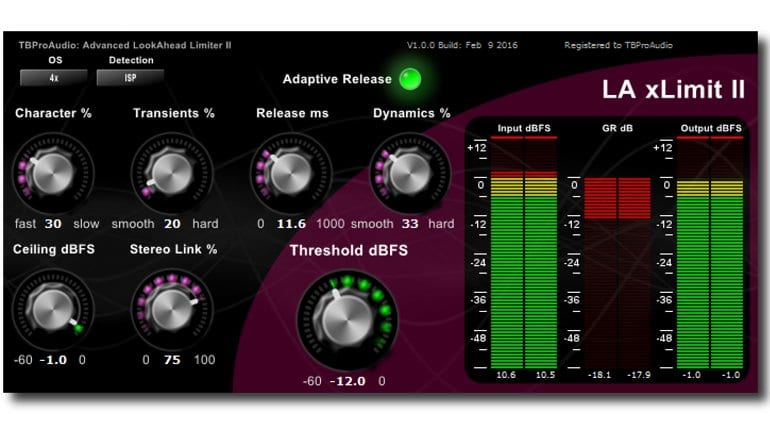

Pensions and insurance plans have many different payout rules, so you need to leave behind detailed information about policies.


Include clear directions on how to access any other valuables that may be stashed elsewhere, so that it’s not mistakenly thrown out. In that same vein, make sure to sign another person up for a key to any safe deposit boxes or home safes, says Krooks. “Children are often dipping into their own assets to pay for taxes and mortgages when the last surviving parent has passed away,” says Sweeney. This way, if the family needs to make mortgage payments or pay any medical bills, they do not have to wait until the estate is settled. Knowing passwords for online accounts is not as important as naming another person on key accounts ahead of time, says Sweeney. Also useful is a list of relatives to contact. You can either create a list or include copies of statements in the file, or just directions to where to find them. Your heirs will need to know all of your account information, down to your utility bills and your tax returns. This can take up to a year and eat up about 5 percent of the estate, says John Sweeney, an executive vice president responsible for Fidelity’s planning and advisory services business. Without them, your family would have to put your estate into probate, which is when the state determines the distribution of your assets. The real power in assembling all these items is that it forces you to go through the process of specifying your wishes. While power of attorney and living will documents are crucial should you become incapacitated, they will not be useful after your death, says Krooks - your heirs will then be using a death certificate to obtain access to accounts.


 0 kommentar(er)
0 kommentar(er)
